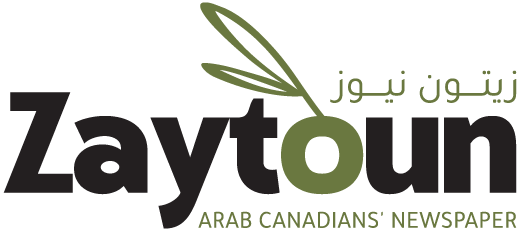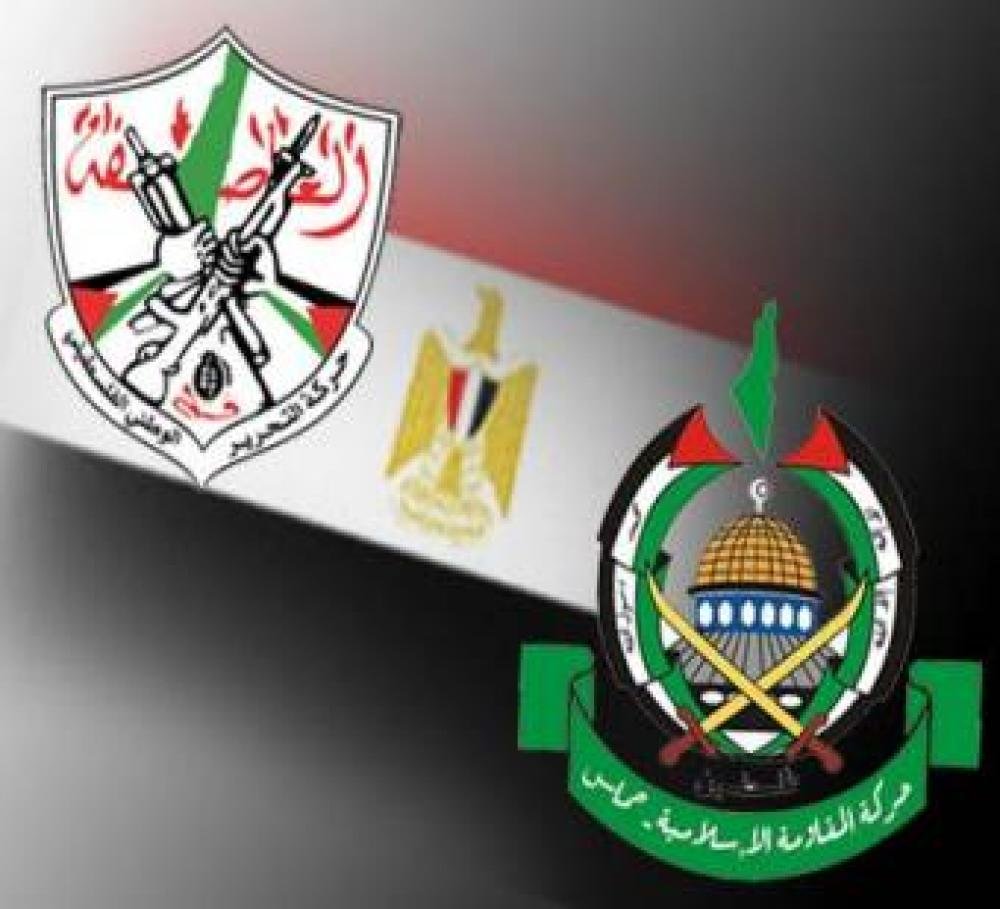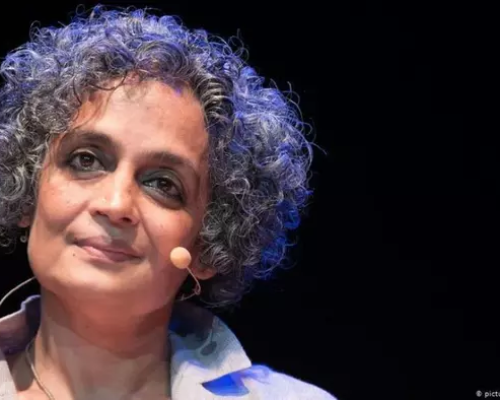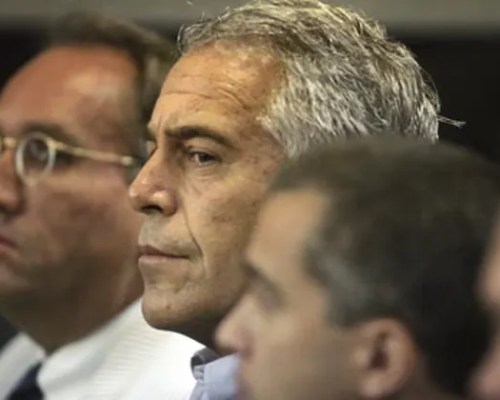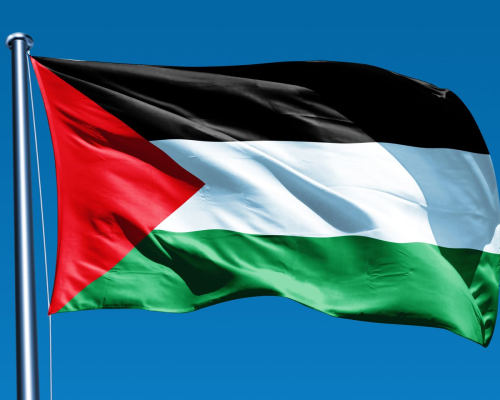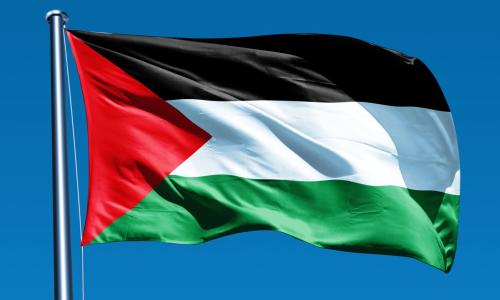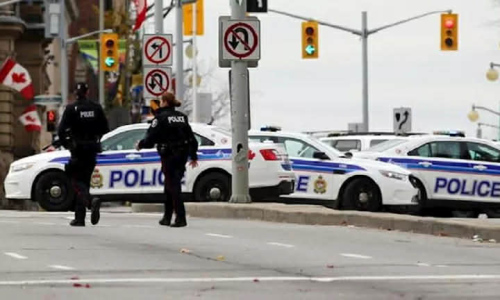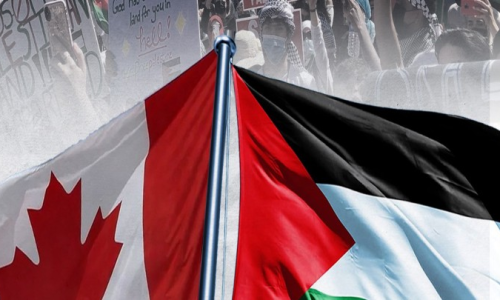By Taghreed Saadeh
For more than three decades, Palestinians have pursued two parallel , and often conflicting, paths: negotiations and diplomacy on one side, and armed resistance on the other. Over the course of this complex journey, many questions have emerged. Which path is more likely to lead to a Palestinian state? And has the experience thus far provided enough lessons to draw meaningful conclusions?
It’s true that negotiations have not yet resulted in an independent Palestinian state with full sovereignty over its land. However, ignoring the accomplishments of the diplomatic path would be an injustice to history.
Through this track, the Palestinian Authority was established, and the Palestine Liberation Organization (PLO) was recognized by the international community as the sole legitimate representative of the Palestinian people. In 2012, Palestine’s status at the United Nations was elevated to that of a non-member observer state, enabling it to join dozens of international organizations.
This status allowed Palestine to join the International Criminal Court (ICC), open files related to war crimes committed by the Israeli occupation, and counter attempts to Judaize Palestinian cities through UNESCO membership. It also helped solidify the Palestinian narrative internationally and frame the Israeli presence in the West Bank as an illegal occupation, a position ratified by the majority of UN member states in a resolution passed last year.
With French President Emmanuel Macron — whose country is a permanent member of the UN Security Council — announcing his intention to recognize the State of Palestine this coming September, the number of countries recognizing Palestine is expected to rise to 149. Canada and the United Kingdom are also expected to follow suit this year.
These recognitions did not come through armed factions or emotional slogans, but through decades of organized diplomatic effort led by the PLO and the Palestinian Authority.
Since Hamas took control of Gaza in 2007, the Strip has endured a series of devastating wars: in 2008, 2012, 2014, 2021, and most recently in 2023 with hostilities continuing to this day. Each time, the human and material losses have been massive, and civilians have paid the highest price.
These wars have not ended the occupation. Instead, they have devastated Gaza’s infrastructure, killed entire families, and shifted the Palestinian cause from the heart of global political discourse back into the realm of military conflict.
Ironically, the 2009 war was expected to topple Hamas’s rule , yet it only solidified it under the banner of “resistance.” As a result, any criticism of Hamas is often misinterpreted as criticism of the resistance itself, a dangerous conflation that Palestinian intellectuals must urgently confront.
Hamas has succeeded in preserving its position by monopolizing the term “resistance,” but it has failed to develop a comprehensive national project. It has oscillated between various agendas, from political Islam, to alignment with Iran, Turkey, and Qatar, and later integration into the Muslim Brotherhood project during Mohamed Morsi’s presidency in Egypt, which even opened communication channels with the U.S. administration.
Meanwhile, the Israeli occupation imposed a blockade on Gaza and punished its people, but Hamas itself was never isolated. It continued to receive monthly financial aid estimated at $30 million and maintained the freedom of movement for its leadership inside and outside the Strip, in stark contrast to the suffering endured by ordinary Gazans.
Even discussions of reconciliation remained fruitless, as long as there was no clear vision or genuine commitment to a state building project. In this context, it is important to reassess the causes of the political division. I hold a different view from the prevailing narratives, having participated in national committees aimed at ending the division and attended meetings with top faction leaders. I also reviewed transcripts of reconciliation sessions between Fatah and Hamas, insights I may elaborate on more fully in the future.
It is critical to emphasize that Hamas does not represent all forms of Palestinian resistance. Its monopoly over the resistance narrative, and its distortion of alternatives, does not serve the Palestinian cause. Resistance is a national act, not a sacred one, and must exist within a framework of accountability and transparency.
The path to independence cannot run through division, open-ended wars, or hollow slogans. What Palestine needs today is unified leadership, a comprehensive political project, and a multifaceted resistance diplomatic, legal, popular and on the ground, but guided by a national consciousness, not partisan ideology.
As intellectuals and media professionals, we carry a national and moral responsibility to raise awareness, dismantle emotional rhetoric, and distinguish between resistance as a legitimate right and its exploitation as a tool for dominance.
In my view, international recognition of the State of Palestine is the solid foundation upon which a sovereign state can be built. Our focus must shift toward this goal, after ending the war on the Palestinian people in Gaza.
